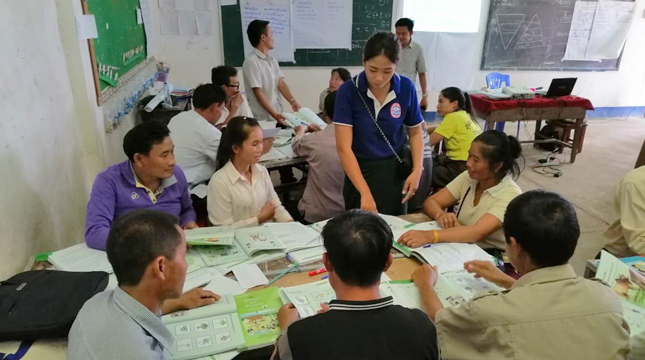
The scale of the new Grade 1 curriculum training is without precedent: Over a period of only nine weeks, 483 six-days face to face workshops will have been delivered and over 16,700 Grade 1 teachers, primary school principals and pedagogical advisors will have been trained by 611 provincial trainers and 60 master trainers
The 18 Provincial Education and Sports Services (PESS) and 148 District Education and Sports Bureaus (DESB) have been coordinating, budgeting and supporting the organization of this massive training series using Education Support Grants provided by BEQUAL.
A team of 46 monitors have been travelling across Laos, including to the most remote districts to observe the training. Department of Teacher Education (DTE) in-service Division staff, educational staff from key central Ministry of Education and Sports departments (especially Master Trainers from Research Institute of Educational Sciences (RIES), Departments of General Education, Higher Education, Non-Formal Education), BEQUAL experts and Australian Embassy staff compose the monitoring teams. All monitors were provided with standard monitoring tools and training so that data would be collected across all monitored workshops. Over July and August, monitors have been observing at least one workshop in each of the 32 target districts and at least one workshop in two districts of non-target provinces, covering 40% of the total number of workshops.
The objectives are to monitor the quality of the training delivery, the efficiency and effectiveness of PESS and DESB coordination and to identify lessons learned for Grade 2 curriculum development and training that will happen next year. The monitoring teams capture direct observations as well as feedback from participants, trainers, and organisers. The mixed composition of the monitoring teams enables DTE In-service Division staff and Master Trainers to see the results of their training of trainers and support the provincial trainers when needed.
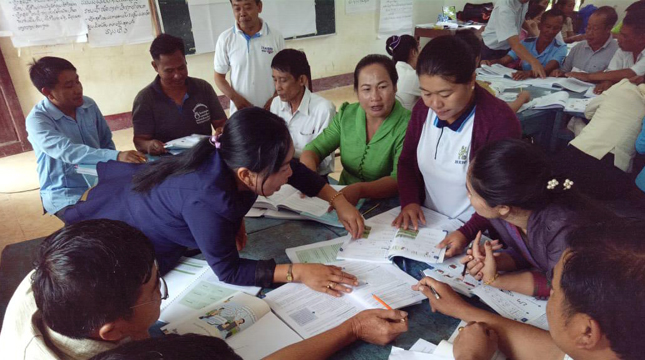
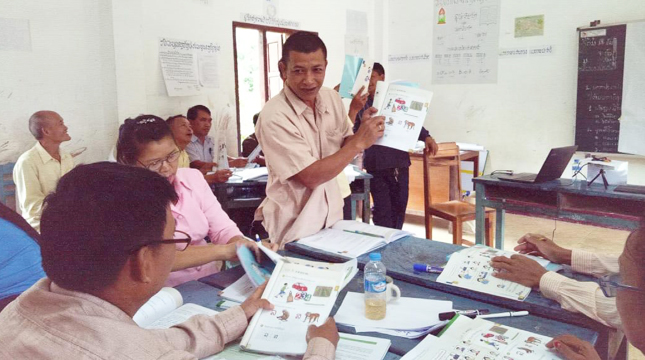
The monitoring teams have already observed 3,963 people and the feedback is very positive. The attendance is almost faultless with only 1% difference from planned; 99% of training and educational materials were delivered on time despite the rainy season. The support from the districts is consistently good in every workshop observed. Trainers and trainees are very enthusiastic and engaged during the sessions, often starting early in the morning and staying after hours. “In several places, we saw Provincial Trainers and DESB working on Sunday to prepare the training venue; Provincial Trainers from the same area helping each other to plan and deliver the training; Participants very active to learn, practicing the new techniques in small groups and asking many questions to the Provincial Trainers,” observed the monitoring team in Savannakhet.
Feedback from trainees on the quality of the training and of the new curriculum materials is also extremely positive. “The teachers are eager to use the new curriculum to teach children in their schools. They appreciate the new pedagogical approach with more activities and believe it will help children learn better” said the monitoring team in Kongxedone district, Saravan province.
Some areas of improvement have been already identified, such as the size of the venues or more time needed to train on new concepts such as the Lao phonics or the rubrics assessment.
The extent of the training and the monitoring for the new primary curriculum is impressive. What is at stake is substantial: the improvement of teaching techniques and ultimately better learning outcomes for primary-aged Lao children.
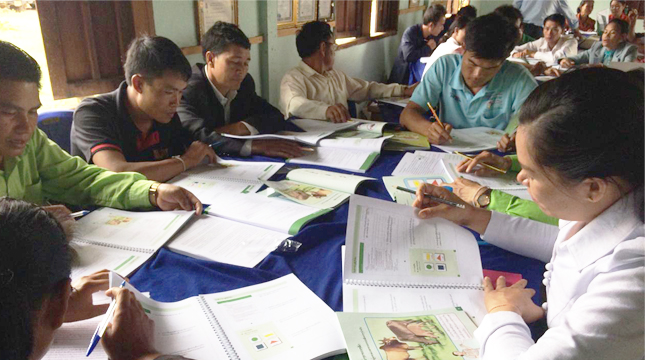
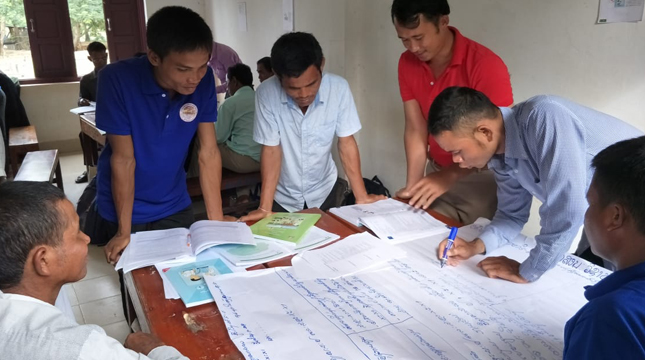
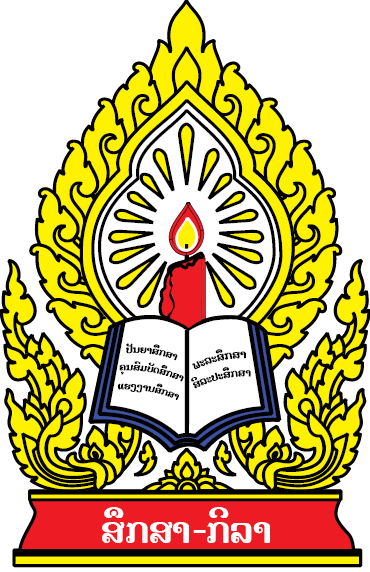
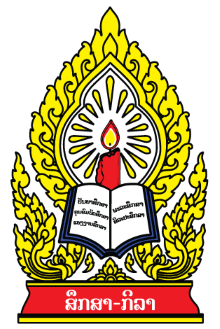


 ພາສາລາວ
ພາສາລາວ